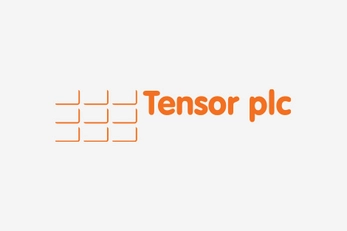Tensor Achieves ISO9001:2000 Quality Recognition
Tensor plc has been awarded the ISO9001:2000 Quality Management qualification by National Quality Assurance the 2nd largest assessor in the country. This is for Tensor’s entire operation of the design, manufacture, installation and servicing of their Smart Card and Biometric Time & Attendance and Access Control products.
This qualification is independent recognition of the quality of Tensor and it’s products said Nigel Smith, Chief Executive of Tensor. It adds even more power to our slogan, Tensor – the name you can trust in Time & Attendance and Access Control he said.
To find out more about the ISO9001:2000 qualification the please visit the National Quality Assurance website.
